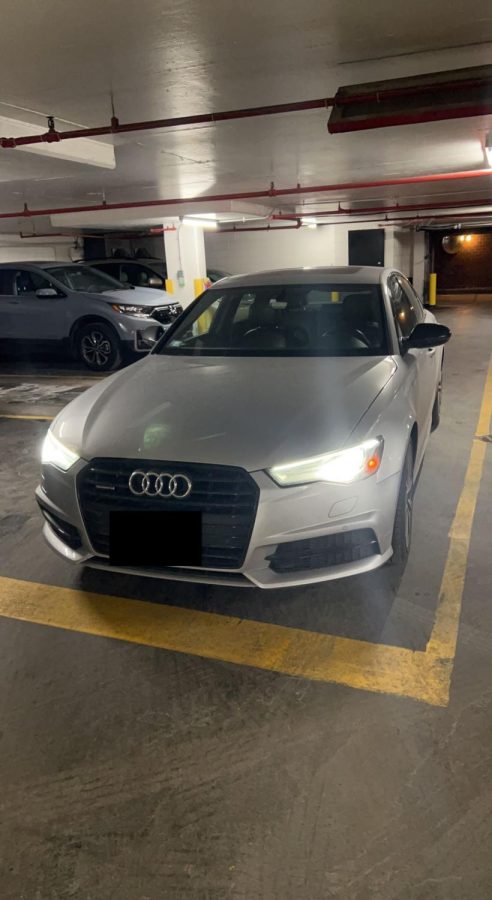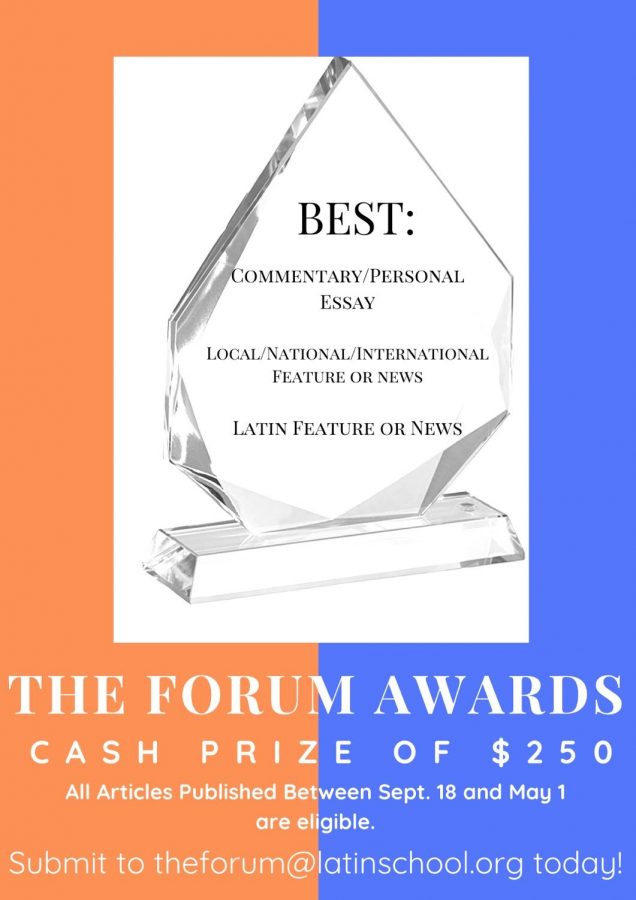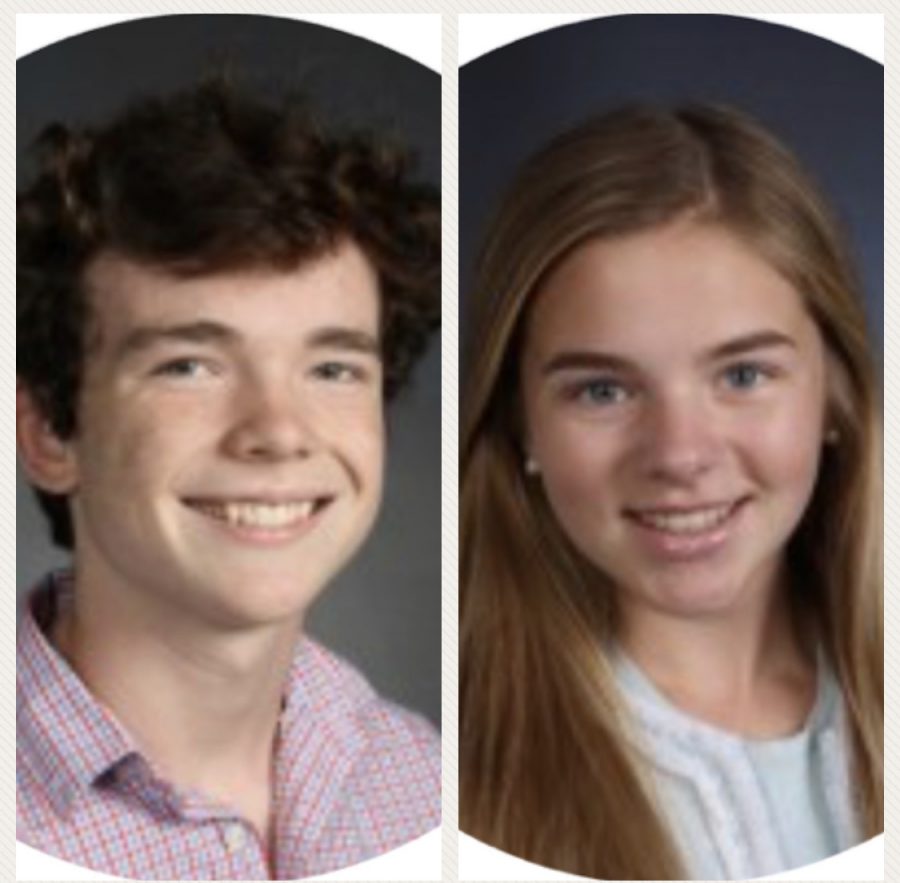By Frani O’Toole and Chris Quazzo
The Capstone studies program is an academic opportunity unique to Latin that allows seniors who are interested to delve further into their passions, both curricular and extracurricular, in a way that sitting in a classroom cannot provide. Students who choose to pursue a Capstone must commit to a year-long interdisciplinary project, which involves working with both a Latin advisor and external advisor to address a question or issue of interest. The project is eventually crafted into a final product and presented in the spring to the Capstone Committee as well as the student body. At the end of the year, the Capstone Committee, comprised of a variety of faculty members, evaluates each project as either distinctive, satisfactory/commendable or unsatisfactory/incomplete, based upon the student’s final product, his or her presentation to the committee, and his or her presentation to the Upper School student body. Past Capstones have covered everything from documenting crayfish and analyzing pulsars to writing, editing, and publishing a novel.
While Capstones are still seniors’ most work-intensive option for a culminating project, senior-designed projects offer students an alternative option. These senior projects are traditionally more limited in scope than Capstone Projects, which enable students to pursue individualized, possibly non-academic interests during the final 2-4 weeks of the school year. Introduced in 2013, senior projects are becoming an increasingly popular route for seniors interested in exploring a particular interest. The numbers reflect the growing appeal; while 19 students completed senior projects in 2013, 43 students took part in 2014. Perhaps the shift in popularity is related to the fact that students participating in senior projects, unlike those doing Capstones, are able to get out of one of their classes in the fourth quarter in order to free up a block to work on their projects. Additionally, students doing senior projects don’t face the pressure of presenting to a committee for evaluation. Instead, they present their projects to a smaller group of the student body, based upon the sign-ups of freshmen, sophomores, and juniors. This trend seems likely to continue, seeing as only two seniors will be doing Capstones this year, the lowest number of participants that Latin has ever had.
The first, Senior Eric Gofen, is using the platform to merge two interests—his work in AP Statistics last year with his role on the Student Academic Board (SAB). He says his project will “ideally help admissions at Latin.” He has time to iron a few of the details out still, but, as of right now, he is expecting to “analyze student test scores and possibly grades with names and other identifiers removed.” The faculty advisor for his project is Ms. Dhaliwal, and he’s also been working with Mr. Hecktman—Senior Haley Hecktman’s father—as an outside source. “I’m excited to get started!” Eric says.
The second, Senior Brian Lorenz, says his “current goal is to do some sort of atmospheric spectroscopy looking for biosignatures.” Explaining “atmospheric spectroscopy,” Brian says that “we want to look for the signs of life in Earth’s atmosphere by observing the light from the sun as it shines through the atmosphere. As it shines through, specific wavelengths of light are absorbed by specific molecules, and this absorption can be detected with a spectrometer.” “The idea behind viewing the Earth in this way,” he continues, “is to not only learn about our own atmosphere but also to get an idea of what we can look for when observing the atmospheres of planets around other stars.” To do this, Brian will be working with a contact at the Adler Planetarium.
Despite the scientific nature of both this year’s Capstone’s projects, Ms. Dorer “ strongly doubt that Capstones will be exclusively math and science-based projects.” Even though senior projects are often the route for students who are interested in creating zines, portfolios, etc., Capstones are still very friendly to students interested in the humanities. “Jack Gomberg’s [class of 2014] project, for example, was not at all science related and the year before only 1 of 3 was math or science,” Ms. Dorer says. “Additionally, Eric Brandel-Tanis’s [class of 2014] project sounds science-based but actually began as a history project and a lot of Eric’s research was actually historical.” As a result, Ms. Dorer expects that Capstones will continue to attract a diverse set of projects, in a diverse set of disciplines.
In interviews with Eric and Brian, both Capstone candidates stress that their projects are still in the planning stages; along the way, they expect to modify their ideas in response to fluctuating data, trends, and analysis. And, it seems, the idea of the Capstone is equally adaptive—the appearance of the Capstone may change as it accommodates to the popularity of senior projects, or as it works with the interests of new grades and students. But, like the projects themselves, we can expect the Capstone to remain an interesting, enriching, and distinctive opportunity. ]]>









































